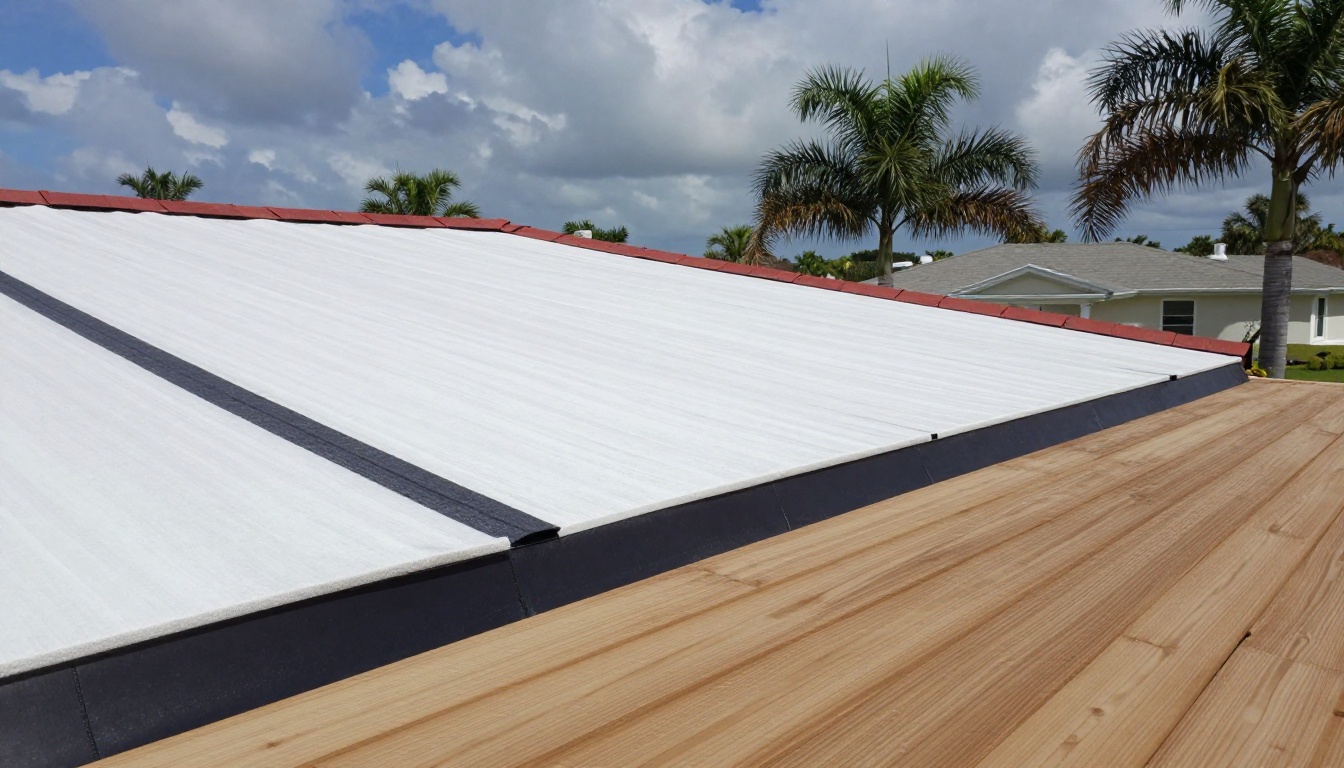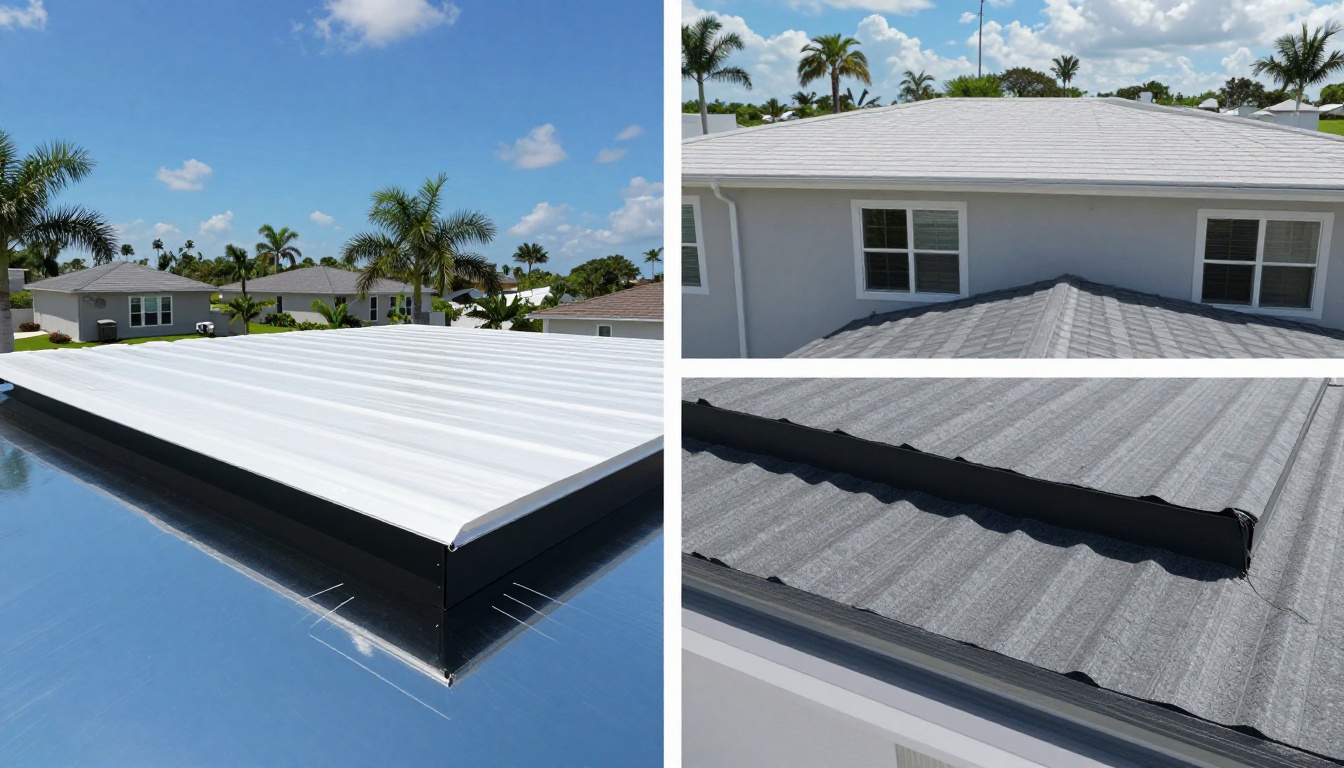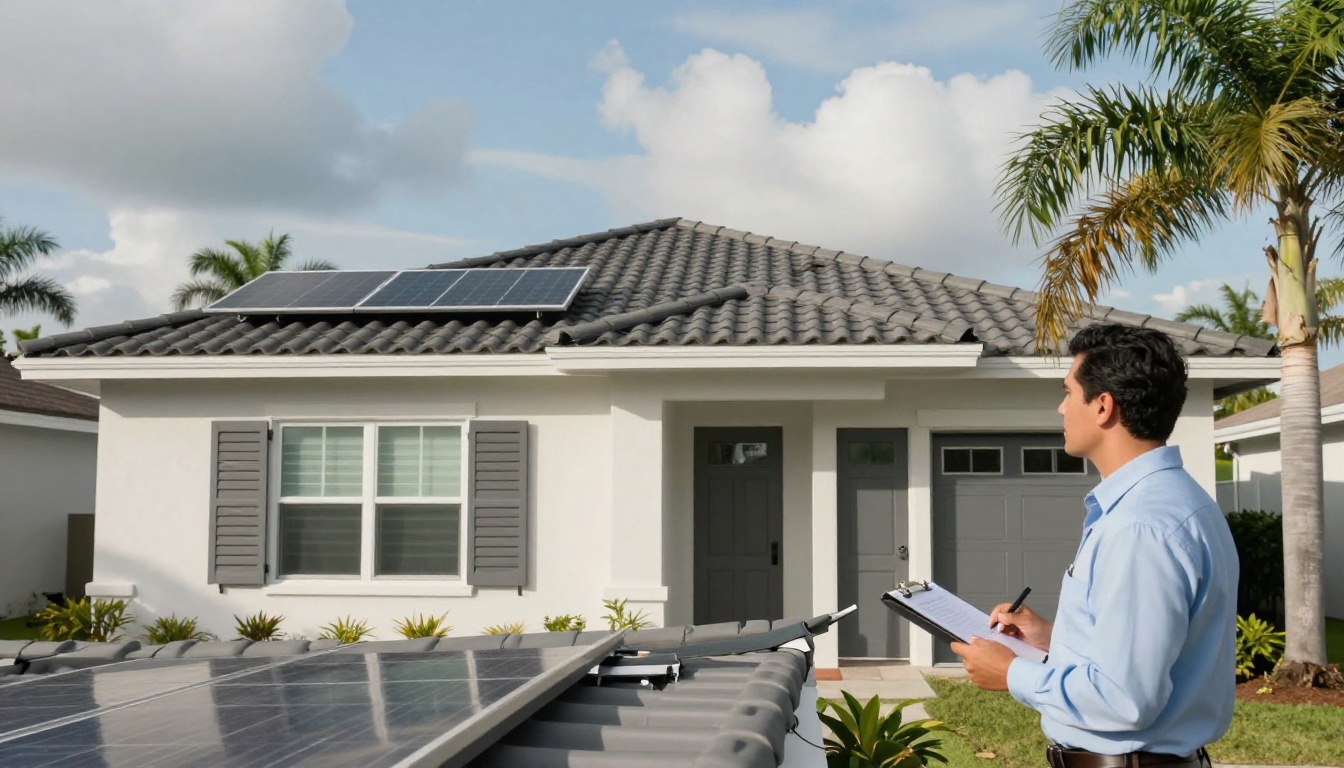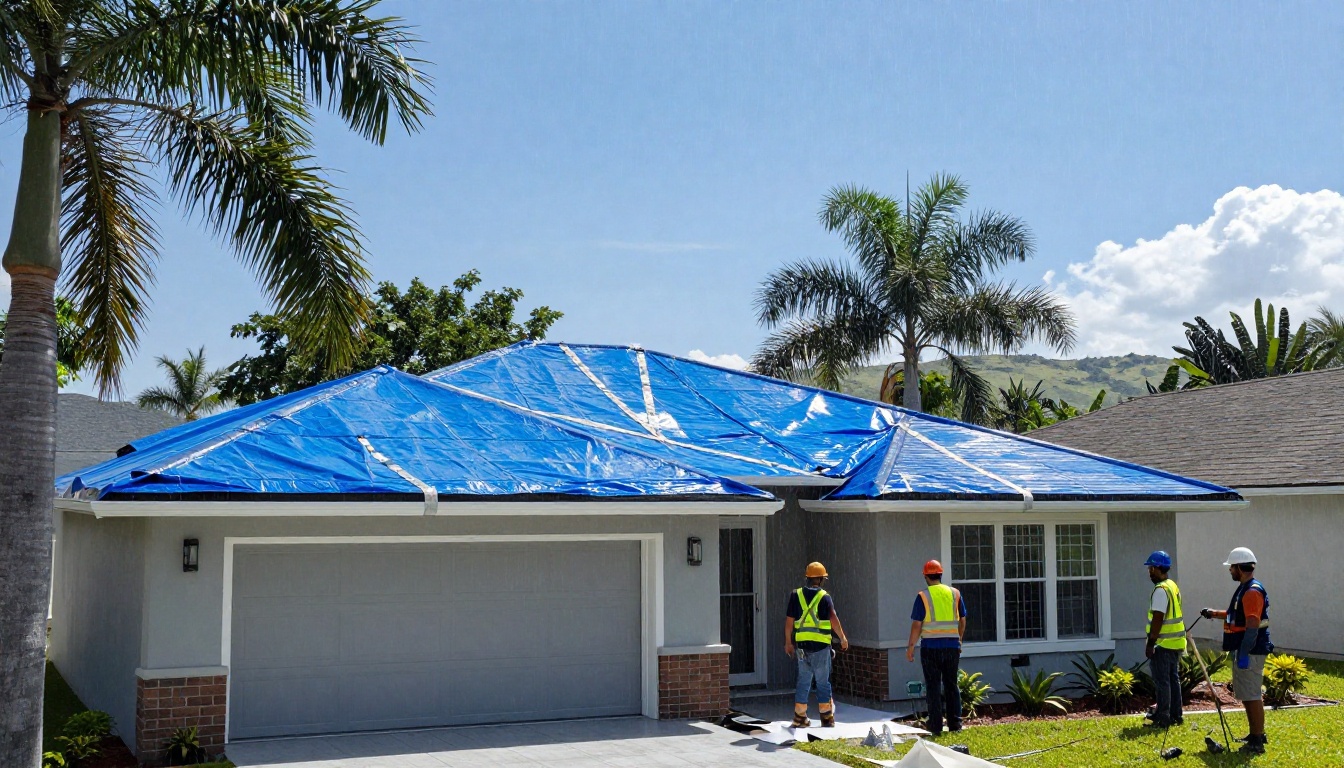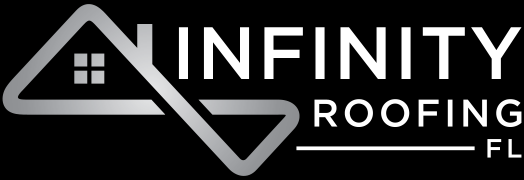Maximizing Your Commercial Roof Insurance Claim: A Guide for Florida Business Owners
Maximizing Your Commercial Roof Insurance Claim: A Guide for Florida Business Owners
Understanding Florida’s Commercial Roof Insurance Landscape
Florida's unique geography makes it a hotspot for severe weather events like hurricanes, tropical storms, and heavy rainfall. These conditions often lead to roof damage , making insurance claims a common necessity for business owners. Recent legislative changes, such as Florida Senate Bill 76, have shifted the claims process by tightening deadlines and altering how claims are evaluated. This means Florida businesses need to be more proactive than ever when it comes to understanding their insurance policies.
With these changes, business owners must stay informed about their coverage options and the evolving legal landscape. For example, some policies now include stricter provisions regarding pre-existing damage or maintenance requirements. By staying ahead of these updates, you can better prepare your business for potential claims. Understanding these nuances is the first step toward ensuring your claim is processed fairly and efficiently.
Reviewing Your Commercial Insurance Policy: What Does It Really Cover?
Before filing a claim, it’s crucial to thoroughly review your commercial insurance policy. Policies typically outline covered perils, exclusions, and special provisions related to roof damage. For instance, some policies may exclude wear-and-tear or lack of maintenance as reasons for payouts. Knowing these details can help you avoid surprises during the claims process. Many business owners overlook key clauses, which can result in denied or underpaid claims.
It’s also important to understand how deductibles and limits affect your payout. Some policies have separate deductibles for windstorm or hurricane damage, while others may cap payouts based on the roof’s age or condition. By clarifying these terms upfront, you can set realistic expectations and avoid pitfalls. Remember, knowledge of your policy is your best defense against unfair claim outcomes.
Critical Timelines and Deadlines for Florida Roof Claims
In Florida, time is of the essence when filing a commercial roof insurance claim. Most policies require claims to be filed within 12 to 24 months from the date of loss. Missing these deadlines can result in a denied claim, leaving you responsible for all repair costs. Prompt reporting is essential, as delays can raise questions about the cause and extent of the damage.
Failing to adhere to these timelines not only jeopardizes your claim but also gives insurers leverage to dispute your case. To protect your business, create a timeline for documentation and submission as soon as damage is identified. Staying organized and timely ensures you meet all necessary requirements and improves your chances of a successful claim.
How to Document and Assess Roof Damage for Your Claim
Proper documentation is the backbone of a successful insurance claim. Start by taking clear before-and-after photos of the damage. These images should capture both wide-angle views and close-ups of specific problem areas. Additionally, retain receipts for any emergency repairs or temporary fixes, as these can be crucial for reimbursement.
Beyond photos and receipts, written records are equally important. Keep a detailed log of communications with your insurer, including dates, names, and summaries of conversations. Working with a qualified roofing contractor can also provide a professional assessment of the damage. Their expertise ensures that no detail is overlooked during inspections.
Finally, engage experts to produce comprehensive inspection reports. These documents serve as authoritative evidence of the damage’s extent and necessary repairs. By combining thorough documentation with expert insights, you build a strong case for your claim. This preparation can make all the difference when negotiating with your insurer.
The Insurance Claims Process: What to Expect Step-by-Step
The insurance claims process begins with notifying your insurer about the damage. Once reported, an adjuster will be assigned to assess the situation. This involves both internal and external inspections to evaluate the scope of the damage. During this stage, clear communication is key to ensuring the adjuster understands the severity of the issue.
After the inspection, the adjuster will estimate repair or replacement costs. This figure is often the starting point for negotiations. Be prepared to advocate for fair compensation by presenting your own evidence, such as contractor estimates or inspection reports. Maintaining open lines of communication with your insurer helps prevent misunderstandings and ensures transparency throughout the process.
Once the settlement offer is made, review it carefully. If discrepancies arise, don’t hesitate to question the figures or seek clarification. Throughout the process, professionalism and persistence are vital. By staying engaged and informed, you increase your chances of receiving a fair payout that covers all necessary repairs.
Common Reasons for Claim Denials or Underpayments
Claim denials or underpayments often stem from insufficient documentation, pre-existing damage, or a lack of regular maintenance. Insurers may argue that the damage existed before the reported event or was caused by neglect. To avoid these issues, maintain thorough records of routine roof maintenance and inspections.
Other red flags include vague policy language or incomplete claim submissions. For example, failing to include all required documentation can lead to reduced payouts. Proactively addressing these potential pitfalls ensures your claim is processed smoothly. By anticipating challenges, you position yourself for a stronger outcome.
How to Dispute a Settlement: Mediation, Appraisal, and Legal Action
If you disagree with your settlement offer, Florida provides several avenues for resolution. Mediation is often the first step, allowing both parties to negotiate a fair agreement without going to court. This process is particularly useful for disputes over the scope of repairs or payment amounts.
For disagreements about valuation, appraisal is another option. Each side hires an independent appraiser to assess the damage, and they work together to reach a consensus. If mediation and appraisal fail, legal action may be necessary. Consulting an attorney who specializes in insurance claims can guide you through this complex process.
To begin, review your insurer’s explanation of the settlement and identify specific areas of contention. Gather supporting evidence, such as contractor estimates or inspection reports, to strengthen your case. By understanding your options and preparing thoroughly, you can effectively challenge an unfair settlement and secure the compensation you deserve.
The Role of Public Adjusters and Roofing Advocates
Public adjusters and roofing advocates play a crucial role in maximizing insurance claims. These professionals act on behalf of the policyholder to ensure fair treatment from insurers. A public adjuster can review your policy, document damage, and negotiate with your insurer to secure a higher payout.
While hiring an outside expert can be beneficial, it’s important to weigh the pros and cons. Public adjusters typically charge a percentage of the settlement, which can add up. However, their expertise often results in significantly higher payouts. Before hiring, verify credentials and check reviews to ensure you’re working with a reputable professional.
Best Practices for Maximizing Your Claim Payout
Maximizing your claim payout starts with meticulous documentation. Take detailed photos, keep receipts, and maintain written records of all interactions with your insurer. Meeting deadlines is equally critical—missing even one can jeopardize your entire claim. Stay organized by creating a checklist of required steps and timelines.
Avoid prohibited practices, such as signing an Assignment of Benefits (AOB) without fully understanding its implications. Instead, consult with professionals at key stages, such as hiring a qualified roofing contractor or seeking advice from a public adjuster. These experts can help navigate complex situations and ensure compliance with current laws.
Finally, maintain open communication with your insurer throughout the process. Address concerns promptly and provide additional documentation as needed. By following these best practices, you increase your chances of receiving a fair and comprehensive settlement that covers all necessary repairs.
How Florida’s Climate and Recent Storms Affect Claim Trends
Florida’s climate continues to shape insurance claim trends, with recent storms causing widespread damage across the state. Insurers are responding by tightening policies and increasing scrutiny of claims. This has led to lower approval rates and more disputes over payouts, particularly for older roofs or those lacking proper maintenance.
Business owners should anticipate these challenges by staying informed about storm patterns and policy changes. For example, frequent hurricanes may prompt insurers to impose stricter guidelines for wind-related claims. By understanding these trends, you can better prepare your business and ensure your claim is handled fairly.
Working with Roofing Contractors: Dos and Don’ts
When selecting a roofing contractor for insurance-related repairs , prioritize licensure and experience. Look for contractors familiar with the claims process, as they can provide valuable insights and support. Ethical practices are also essential—avoid companies offering incentives like free upgrades in exchange for signing an AOB.
On the flip side, don’t rush into agreements without reviewing terms carefully. Ensure the contractor is transparent about costs and timelines, and confirm they comply with current laws. Partnering with a reputable company like Infinity Roofing SWFL can streamline the process and ensure quality workmanship.
Understanding the Assignment of Benefits (AOB) and Legislative Updates
The Assignment of Benefits (AOB) allows contractors to bill insurers directly for repairs. However, post-Senate Bill 76, AOB laws have changed significantly. Business owners must now carefully review these agreements, as signing improperly can limit their rights and lead to disputes.
These legislative updates aim to curb abuse but also place greater responsibility on policyholders. Before signing an AOB, consult with legal or insurance professionals to understand the implications. By staying informed, you can make decisions that protect your business and maximize your claim recovery.
Frequently Asked Questions
How long do I have to file a commercial roof insurance claim in Florida?
In Florida, most commercial roof insurance claims must be filed within 12 to 24 months from the date of loss. Missing this deadline can result in a denied claim, so it’s crucial to act promptly and document everything thoroughly.
What documentation do I need to provide when filing my claim?
When filing a claim, provide comprehensive documentation, including photo evidence, maintenance records, inspection reports , and detailed damage estimates. These materials substantiate your claim and help ensure a fair payout.
What should I do if my claim is denied or underpaid?
If your claim is denied or underpaid, start by reviewing the insurer’s explanation. Seek mediation or appraisal to resolve disputes, and consider consulting a public adjuster or attorney for professional guidance. Acting quickly is key to overturning unfavorable decisions.
Can my insurance company drop my coverage after a claim?
Insurers may choose not to renew policies after a claim, but protections exist to prevent arbitrary cancellations. Review your policy terms and consult legal advice if you believe your coverage was unfairly terminated.
Should I repair my roof before insurance approval?
Emergency repairs are acceptable to prevent further damage, but permanent repairs should wait until insurance approval. Always communicate with your insurer before proceeding to avoid complications with your claim.
Conclusion
Maximizing your commercial roof insurance claim requires proactive preparation, thorough documentation, and strict adherence to deadlines. By understanding your policy, staying informed about legislative changes, and working with reputable professionals, you can ensure your business is fully protected. Companies like Infinity Roofing SWFL offer valuable expertise to guide you through the process.
Take action today by reviewing your current policies, creating a documentation plan, and seeking expert advice when necessary. Remember, acting promptly, documenting thoroughly, and learning your policy inside-out can mean the difference between a small payout and full restoration. Don’t hesitate to escalate if your claim isn’t paid fairly—your business deserves the best possible outcome.
